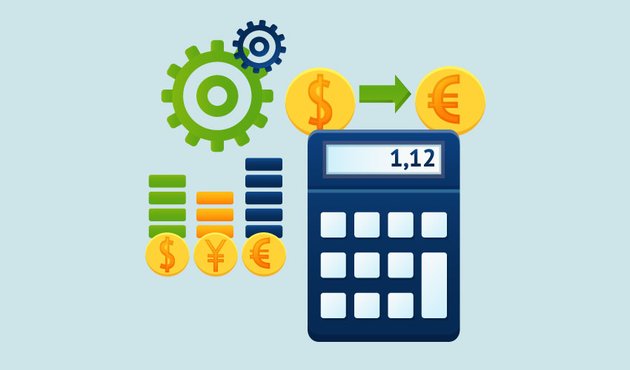Business confidence remains a key measure of economic strength in the modern age, with this having been borne out clearly during the coronavirus pandemic.
The most recent barometer found that business confidence among UK firms rose by six points to +36% in August, with this driven by improvements in companies’ trading prospects and expectations of renewed growth through 2021.
As a result, entrepreneurs will be more open to reinvesting their profits and pursuing more robust growth in the current climate. But could the forex market offer a viable investment, and should you track currency values as a business owner?
How Currency Trading Offers a New Investment Vehicle
Let’s start with the basics; as the trading of international currencies can be highly lucrative and has helped to establish forex as one of the highest volume markets in the world.
Make no mistake; international currencies can be traded as pairs and derivative assets, enabling investors to speculate on price movements and profit in a depreciating market without having to assume ownership of the underlying instruments.
Some major assets are also highly liquid (such as the EUR/USD), which means that they can be bought, sold, and exchanged with relative ease regardless of the wider market conditions.
This also explains why tracking currency values can be highly effective as an entrepreneur, as it enables businesses to make more informed trading decisions over time.
The Changing Price of Imports and Goods
When it comes to tracking real-time exchange rates and currency prices, there is a raft of potential benefits to keeping in mind.
For example, shifting currency prices can have a direct impact on the value of the components that you import, which is a key consideration when manufacturing goods for sale both at home and abroad.
Let’s say that the value of the pounds falls sharply against the Euro. This means that the cost of any products or components that you buy from the single bloc will rise markedly, eating into your margin and diminishing your margin considerably over time.
Similarly, if you sell into international markets, a decline in the value of the pound effectively means that you’re selling your goods for less. So, if you’re engaged in a long-term trade deal at a fixed rate, this could prove to be disastrous to your margin for the duration of the agreement.
Learning to Anticipate Direct Impacts
Ultimately, tracking currency prices in real-time can help you to understand the forex market and its various impacts, from shifting import values to wider trade deficits and the value of goods.
Over time, this also enables you to anticipate the first impact of specific events, enabling you to manage your holdings more effectively and optimize the timing of currency exchanges (as and where appropriate).
If you trade forex directly, you can also learn how to increase your profits incrementally over time, creating another source of income for both you and your business venture.
Follow Technoroll for more!






